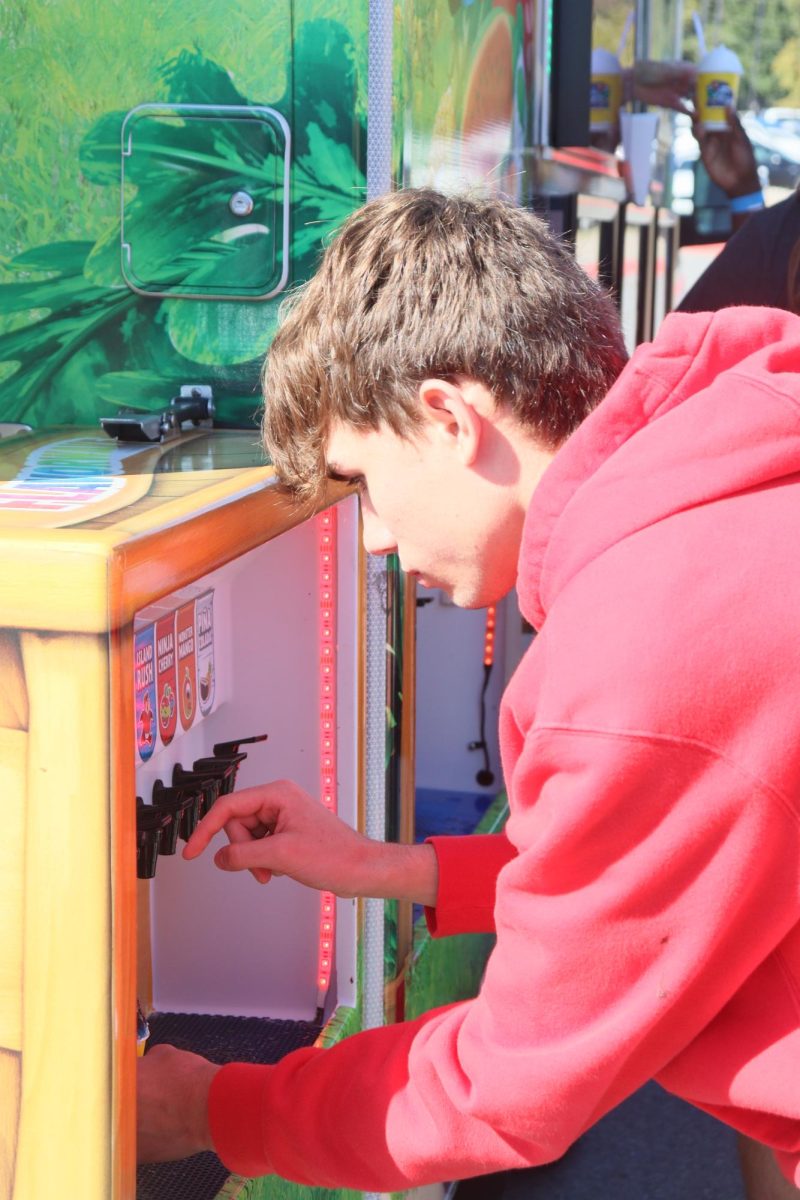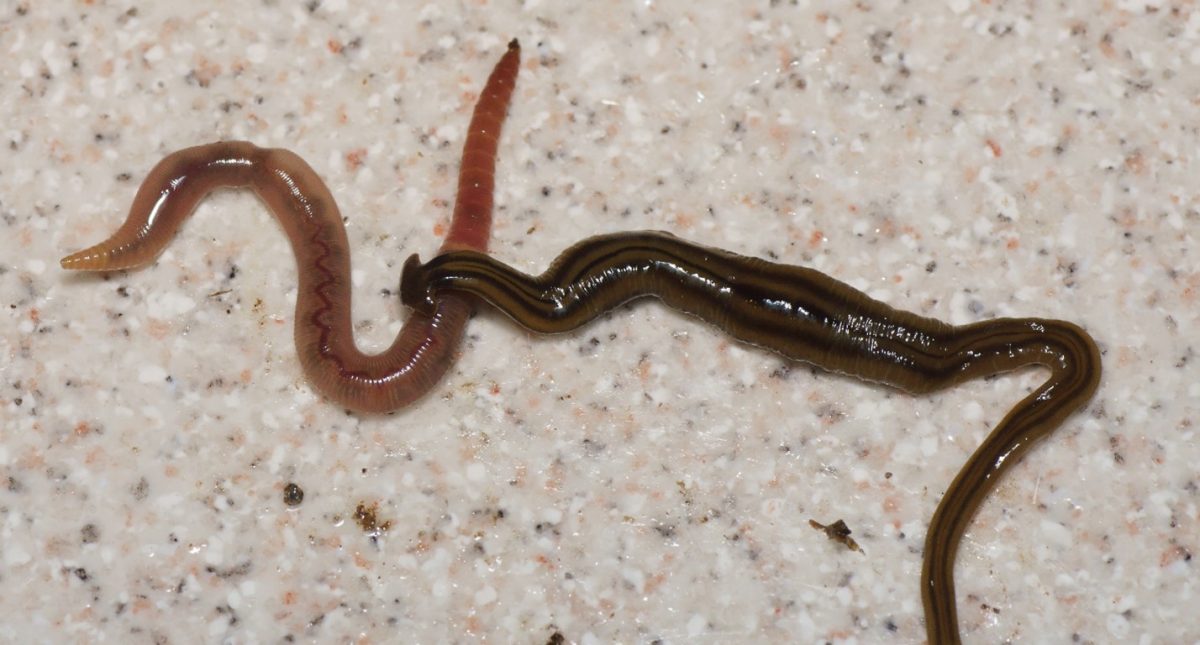What’s Happening Now In The Russia-Ukraine War
On February 24, 2022 Russian military forces invaded Ukraine, which began Europe’s first major war in decades.
March 17, 2022
On February 24, 2022 Russian military forces invaded Ukraine, which began Europe’s first major war in decades. In the early stages of the war, it has already claimed 636 Ukrainian lives and injured many more, according to the UN Human Rights Office. With little knowledge of Russia’s goals, questions have been raised and left unanswered.
BEFORE THE INVASION
Russia and Ukraine have been in conflict since 2013, when Viktor Yanukovych, former Ukrainian President, rejected a deal for greater integration with the European Union, which brought many protests from citizens. Russia backed Yanukovych during the crisis, and the U.S. joined Europe in supporting the protesters. Protestors eventually overran the government in February, driving Yanukovych out of the country in February 2014. After knowledge of Yankuvoych’s displacement, Russian troops were deployed a month later into Crimea and subsequently annexed the Crimean Peninsula after Crimeans voted to join the Russian Federation. The crisis and conflict between Ukrainian and Russian governments heightened the gap between the two groups.
Following the conflicts of 2014’, Ukraine has been a victim of many cyberattacks. In June 2017, computer systems in Ukraine were attacked by Russia, which ended up spreading to computer systems worldwide, causing billions of dollars in damages.
CURRENTLY
Putin’s initial invasion came as a shock to some. Government and Politics, European History and World History teacher, Will Heatherly originally believed that the threats from Putin carried little value.
“I honestly did not think Putin would invade. I figured he was trying to improve his diplomatic standing and put pressure on the west but not actually invade Ukraine. I hope heads prevail, but history tells us situations like this can easily escalate,” Heatherly said.
Ukraine itself is not involved in national organizations, but all its bordering countries to its west, south, and northwest are a part of the North Atlantic Treaty Organization (NATO). NATO was created to ‘guarantee the freedom and security of its members through political and military means’.. If Russia was to invade those nations to reach Ukraine, there would be a reaction from NATO. NATO has stated on its official website that they, “reaffirm [their] unwavering support for the independence, sovereignty and territorial integrity of waters. This principled position will never change”. If needed to occur, NATO has activated its’ defense plans to prepare to respond and “secure Alliance territory”.
The United Nations, world peace organization, in response to the Russian invasion, are delivering life saving support to those affected. Heatherly, also a co-advisor for Bryant’s Model United Nations team, recognizes the U.N. is limited due to Russia’s placement on the Security Council and can veto or block any Security Council measures.
The United States has a history of either wavering between remaining neutral or getting involved in the case of foreign affairs, as seen in WWII where the ‘Neutrality Act’ became a hot topic to protest. The debate of whether the U.S. should be involved to protect Ukraine has become a hot topic.
Babbitt’s opinion over the topic is that the way to handle the Russian-Ukraine conflict does not involve physical or aggressive actions.
“The U.S. should continue with how we’ve been managing it,” Babbitt said. “Sending troops to Ukraine solves nothing and only prolongs the conflict and loss of life. We shouldn’t be bootlicking NATO and arming ourselves for war at the first sign of conflicts. What’s more important is trying our hardest to cripple the Russian aristocracy financially through the freezing of their assets.”
With the addition of alliances and world organizations, WW III conspiracies have been talked about and even been used as a joke on some social media platforms. Babbitt does not think the Russian-Ukraine war will lead to any countries joining the conflict.
“As good of a headline that would be and as much as warmongers wave battle flags, I don’t think this will escalate any further. However, I can admit I also didn’t think that Ukraine was going to be invaded,” Babbitt said.
Although no country has officially acted in support of either side of the conflict, according to BBC news, unnamed U.S. officials have revealed that China had signaled willingness to provide military assistance to Russia. The Chinese foreign ministry denied these accusations, but Washington officials have said that Russia has recently asked China for military equipment. Despite China’s denial, U.S. National Security Advisor Jake Sullivan stated that the U.S. believed China was aware that Putin was planning an invasion. Sullivan said in a CNN interview that the U.S.was communicating directly and that there will absolutely be consequences for other countries attempting efforts to support Russia.
“We will not allow that to go forward and allow there to be a lifeline to Russia from these economic sanctions from any country, anywhere in the world,” Sullivan said in a CNN interview.
On the topic of fleeing refugees, both Babbitt and Heatherly believe other countries should be welcoming to these oncoming individuals.
“The Ukrainian refugees need to be supported by the countries neighboring Ukraine. I would hope the U.S. would do whatever it can to assist those nations in helping the Ukrainians who are fleeing their homes,” Heatherly said.
Russia has focused attention on Ukraine hospitals and other clinics. According to Voa News, Western diplomats and independent analysts that have followed Russian war tactics in Syria are not surprised by the Russian targeting. Russia’s history of bombing health care facilities as a war tactic is a repeating action. Heatherly recognizes this war tactic to focus on depleting the mentality of the opposing side.
“Those [attacks on health care facilities] are terror attacks used to induce surrender. It is a version of a total war concept trying to get the Ukrainians to just stop fighting,” Heatherly said. These attacks are heinous at the least and will probably be considered war crimes when this is all finally over.”
Another tragedy struck as a fire broke out at the Zaporizhzhia nuclear power plant after being bombarded with shells by Russian forces, after being controlled by Russian military groups, according to CNN News.
Ukrainian President Volodymr Zelensky is currently pleading for more international assistance, after a failed attempt to negotiate an agreement with Russian government
Heatherly predicts the outcome of the war will harm the Russian economy and citizens that are involved.
“A lot of needless death and tragedy will come from this war. I think it will ultimately weaken Russia and destroy Russia’s economy. Putin himself may never suffer directly, but the people of Ukraine and Russia both will. This war will devastate Ukraine and destroy Russia’s economy,”
Experts studying war have recorded patterns through major wars in the world’s history. One of these patterns is the repeating aggression of first world nations to lower nations. Babbitt ties first world nations to the beginning of major conflicts.
“World leaders all act out of their own self interest and just because it’s Putin today doesn’t mean anything. America isn’t clear of these crimes either, just look at Latin America or the Middle East. The people that are currently in control of any country of any power have followed the same cycle of imperialist control for resources since industrialization and in some cases even before,” Babbitt said.
Citizens in Ukraine and Russia alike have been protesting against the prospect of war. Athletic stars have been attempting to use their social media attention to reach government officials to stop the war. Andrey Reblev, Russian Tennis star, wrote ‘No war please’ on the TV camera as he was playing in a tournament in Dubai. Similarly, Vladyslav Heraskevych, Ukrainian athlete, flashed a sign portraying Ukrainian flag colors that read ‘No war in Ukraine’ after his run at the Beijing Olympics.
Despite rumors and conspiracies, most facts over the current Ukraine crisis are marginally unknown. Heatherly recognizes the fact that even though little may be known now, this conflict will come to its end in some shape or form.
“I wish I knew more about the topic. Like most things in history, the more I learn, the more I realize I don’t know. I do think the images we are seeing out of Ukraine are heartbreaking and at some point a resolution to the fighting has to come. But I have no idea what that might look like or when it might happen,” Heatherly said.







